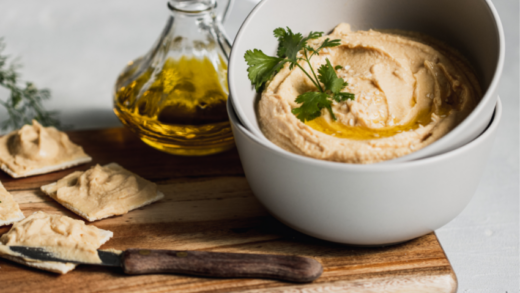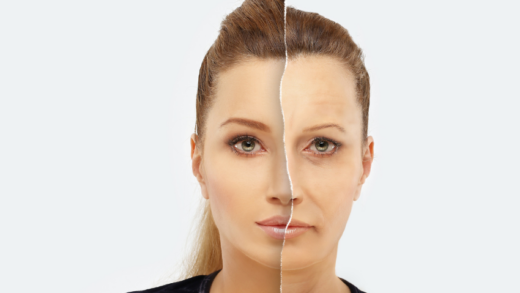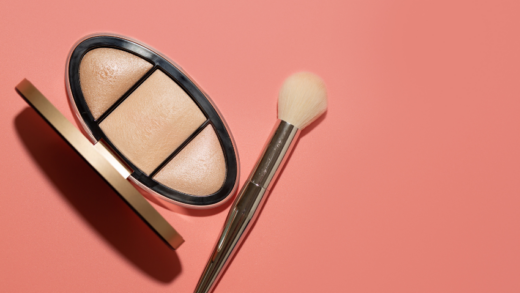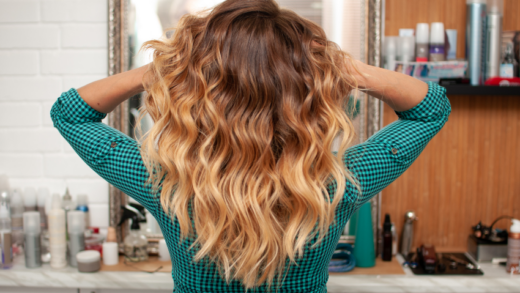Exfoliating your skin is an essential step in any skincare routine. It involves removing dead skin cells, dirt, and oil from the surface of your skin, revealing a brighter and smoother complexion. Exfoliation helps unclog pores, prevent breakouts, and improve skin texture. However, with so many products and techniques available, it can be overwhelming to choose the right one for your skin type. In this article, we will guide you through the best exfoliation techniques and products to achieve the perfect glow.
Why Exfoliate Skin?
Exfoliating your skin is essential for various reasons, including:
- Removing dead skin cells: Dead skin cells can accumulate on the surface of your skin, making it appear dull and rough.
- Preventing clogged pores: Exfoliation helps unclog pores, preventing breakouts and acne.
- Stimulating cell turnover: Exfoliation stimulates cell turnover, leading to the growth of new and healthy skin cells.
Types of Exfoliation
There are two main types of exfoliation: physical and chemical.
Physical Exfoliation
Physical exfoliation involves physically scrubbing the skin to remove dead skin cells.
- Exfoliating Scrubs: These scrubs contain granular particles that manually remove dead skin cells from the surface of the skin.
- Exfoliating Brushes: These brushes have bristles that manually scrub the skin, removing dead skin cells.
- Microdermabrasion: Microdermabrasion is a professional treatment that uses a device to remove dead skin cells from the surface of the skin.
Chemical Exfoliation
Chemical exfoliation involves using chemical compounds to dissolve dead skin cells.
- Alpha Hydroxy Acids (AHAs): AHAs are water-soluble acids that dissolve dead skin cells and unclog pores.
- Beta Hydroxy Acids (BHAs): BHAs are oil-soluble acids that penetrate deep into the pores, dissolving dead skin cells and unclogging pores.
- Enzymes: Enzymes are natural compounds that break down dead skin cells, revealing a brighter and smoother complexion.
Best Exfoliation Products
Here are some of the best exfoliation products available in the market:
- Physical Exfoliants: St. Ives Fresh Skin Apricot Scrub, Neutrogena Pore Refining Exfoliating Cleanser, and Clarisonic Mia Smart 3-in-1 Sonic Facial Cleansing Brush.
- Chemical Exfoliants: The Ordinary AHA 30% + BHA 2% Peeling Solution, Paula’s Choice Skin Perfecting 2% BHA Liquid Exfoliant, and Drunk Elephant T.L.C. Framboos Glycolic Resurfacing Night Serum.
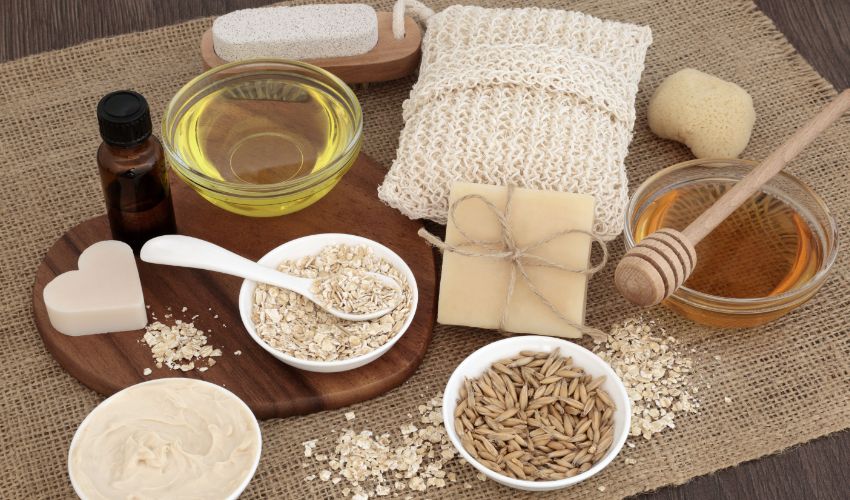
Tips for Effective Exfoliation
To get the most out of your exfoliation routine, follow these tips:
- Don’t overdo it: Over-exfoliating can damage your skin, causing irritation, redness, and dryness. Limit your exfoliation to 1-2 times a week.
- Choose the right product: Choose a product that suits your skin type and exfoliation needs.
- Be gentle: Apply gentle pressure when exfoliating to avoid damaging your skin.
- Moisturize: After exfoliating, moisturize your skin to keep it hydrated and prevent dryness.
FAQs
Can I exfoliate if I have sensitive skin?
Yes, you can still exfoliate if you have sensitive skin. However, you should be careful in choosing the right exfoliation method and product. Avoid harsh physical exfoliants and opt for chemical exfoliants with lower concentrations. Patch test the product before using it on your face and monitor your skin’s reaction.
How often should I exfoliate?
Exfoliation frequency depends on your skin type and needs. Generally, it’s recommended to exfoliate 1-2 times a week for normal to oily skin and once a week for dry or sensitive skin.
Can I exfoliate if I have acne?
Yes, exfoliation can help prevent and treat acne by unclogging pores and removing dead skin cells. However, avoid harsh physical exfoliants that can irritate and worsen acne. Opt for chemical exfoliants with salicylic acid or glycolic acid.
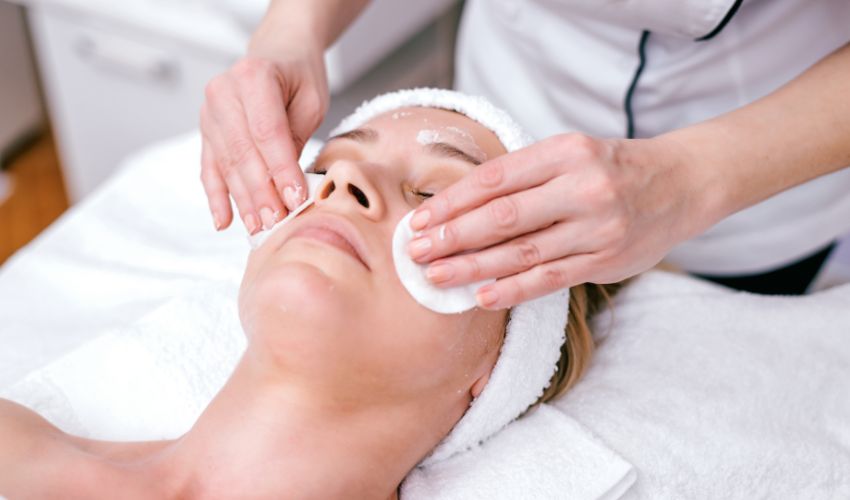
Should I exfoliate in the morning or at night?
Exfoliation can be done both in the morning and at night. However, if you have sensitive skin, it’s recommended to exfoliate at night to give your skin time to recover before applying makeup or sunscreen.
Can I use homemade exfoliants?
Yes, you can use homemade exfoliants made from natural ingredients such as sugar, coffee grounds, oatmeal, or baking soda. However, be careful in using them, as they can be abrasive and harsh on the skin. Avoid using them on sensitive or inflamed skin.
Conclusion:
Exfoliating your skin is a crucial step in maintaining healthy and glowing skin. It helps remove dead skin cells, unclog pores, and improve skin texture. There are various exfoliation techniques and products available, but it’s important to choose the right one for your skin type and needs. Whether you prefer physical or chemical exfoliation, follow the tips and guidelines above for effective and safe exfoliation. Remember, don’t overdo it and always moisturize your skin after exfoliation to keep it hydrated and healthy.
